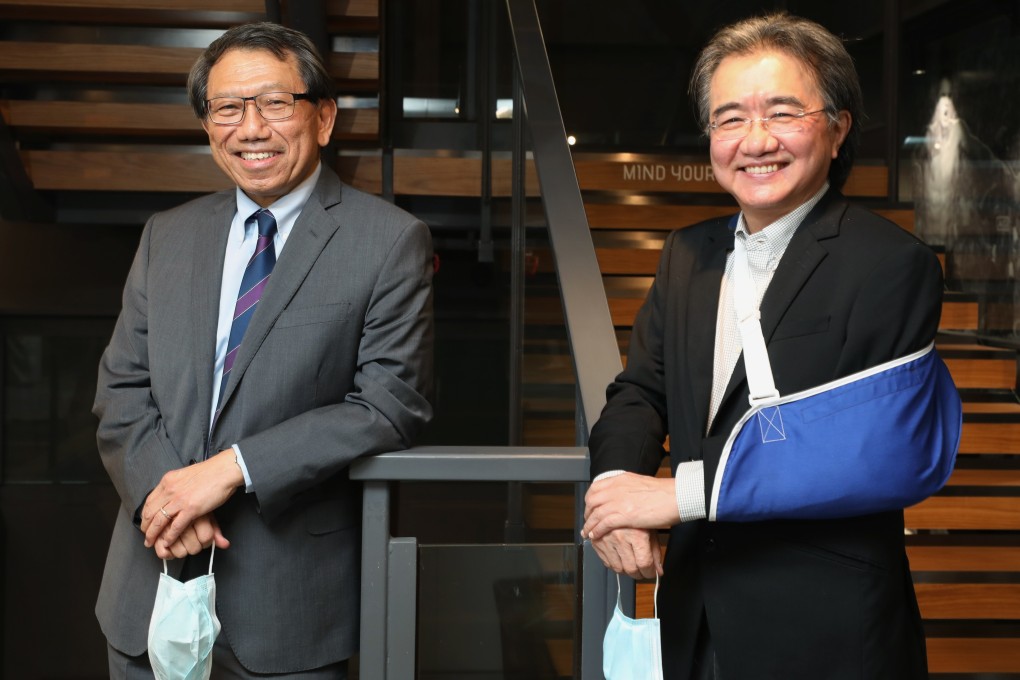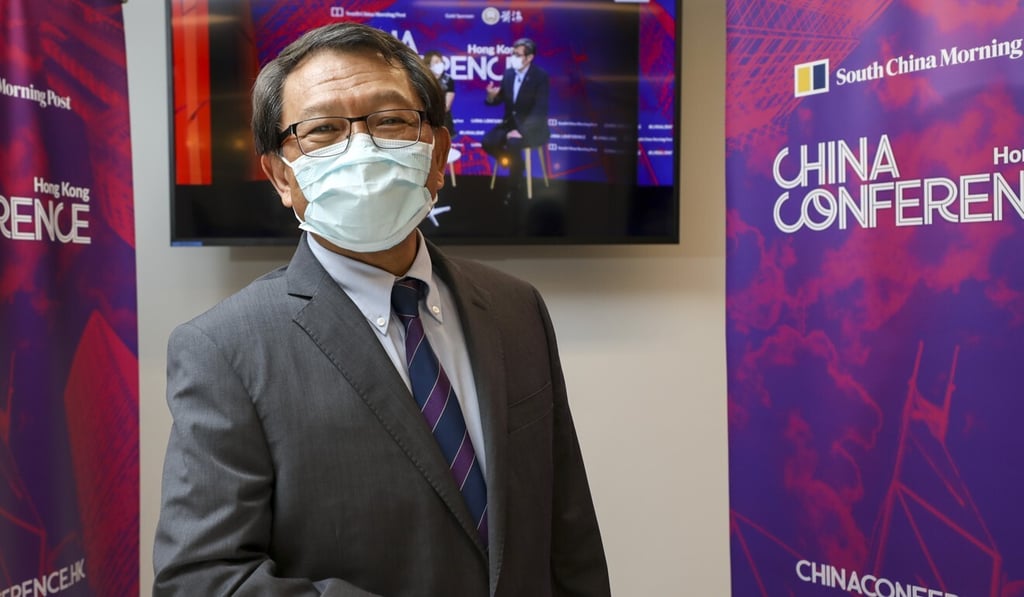Hong Kong universities help create jobs for students amid double whammy of protests and pandemic
- Chinese University has set up a relief fund for students, with president Rocky Tuan hoping it will enhance students’ employment outlook
- His counterpart from Baptist University, Roland Chin, says its alumni have offered hundreds of work opportunities to students

The Chinese University of Hong Kong has set up a relief fund to create about a hundred jobs for students as part of its plans to mitigate the impact of the anti-government protests and the Covid-19 pandemic, as its head told the Post that donations to universities were expected to decline.
At the Post’s annual China Conference on Friday, Chinese University vice-chancellor and president Rocky Tuan said he hoped the fund would enhance students’ employment outlook during the current tough times.
On the same panel discussion, Baptist University president Roland Chin Tai-hong said its alumni had offered hundreds of part-time jobs and internships to students, amid fears the unemployment rate among young adults would soon hit double digits.
“We will create part-time jobs for them on campus and provide hands-on training with payment,” Tuan said, adding that the jobs would range from helping out in laboratories and putting curriculums together to campus planning or surveying.
Short-term jobs at the university would also be offered to graduating students, while discussions are ongoing with various organisations to create external employment opportunities.
